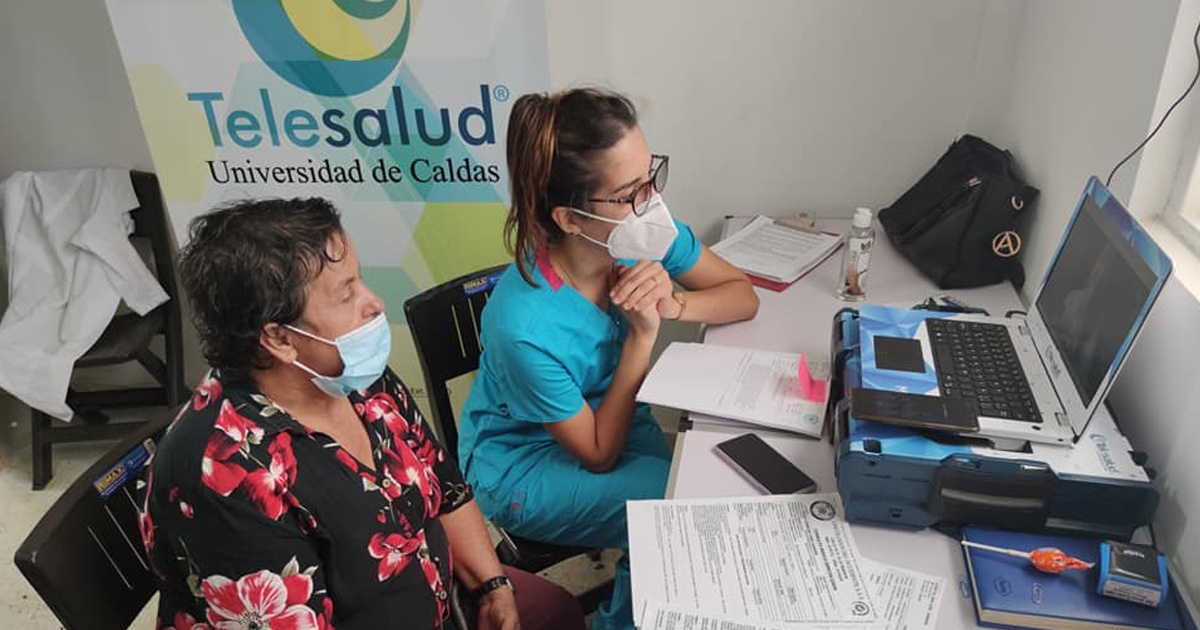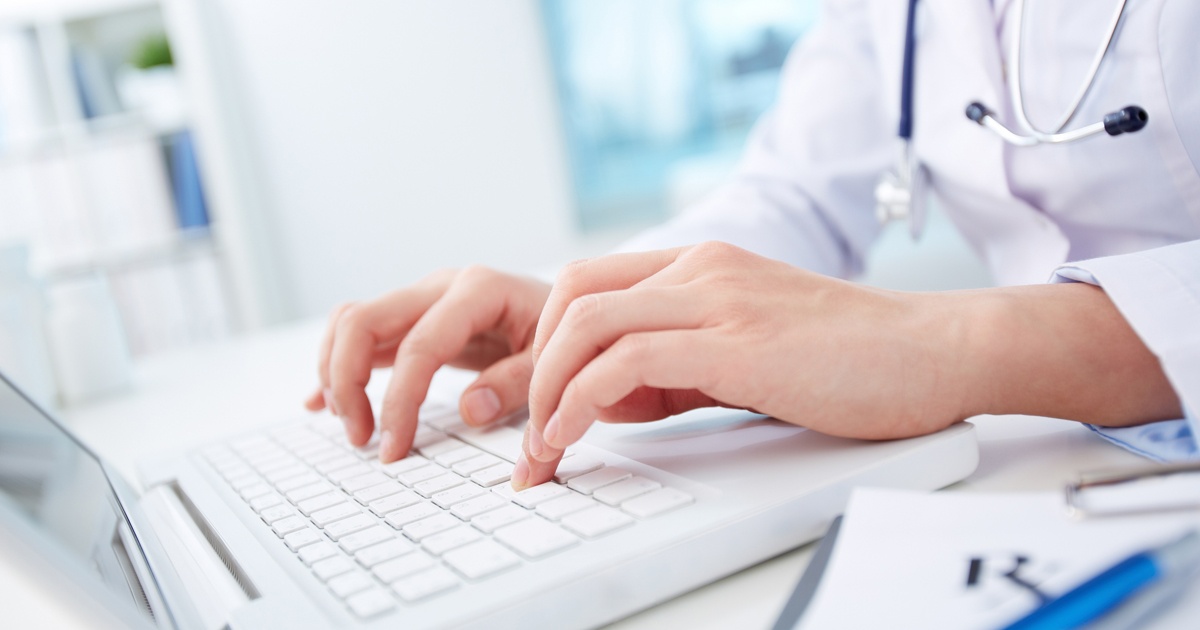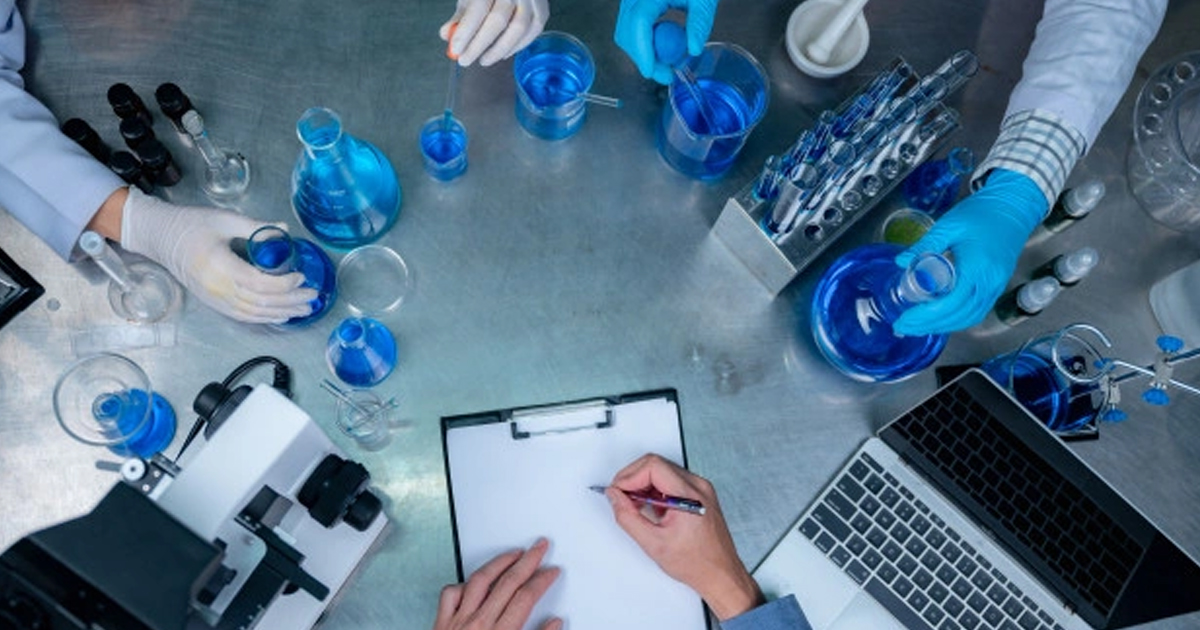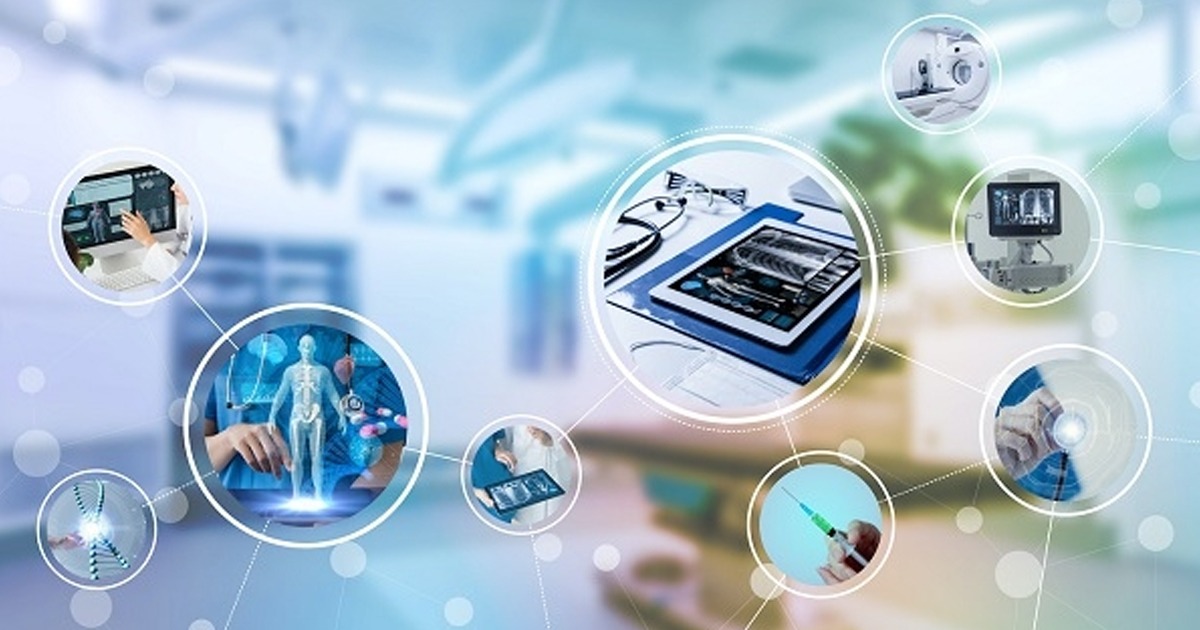By using mobile apps for monitoring healthy behaviors and recording blood glucose levels, patients with type 2 diabetes were part of a study to measure the positive influence on self-monitoring habits using Digital Health tools.
The study is titled: Technology-Assisted Self-Monitoring of Lifestyle Behaviors and Health Indicators in Diabetes: Qualitative Study.And it was led by health and technology specialists from the Center on Smart and Connected Health Technologies and the University of Texas School of Nursing, both from San Antonio, Texas.
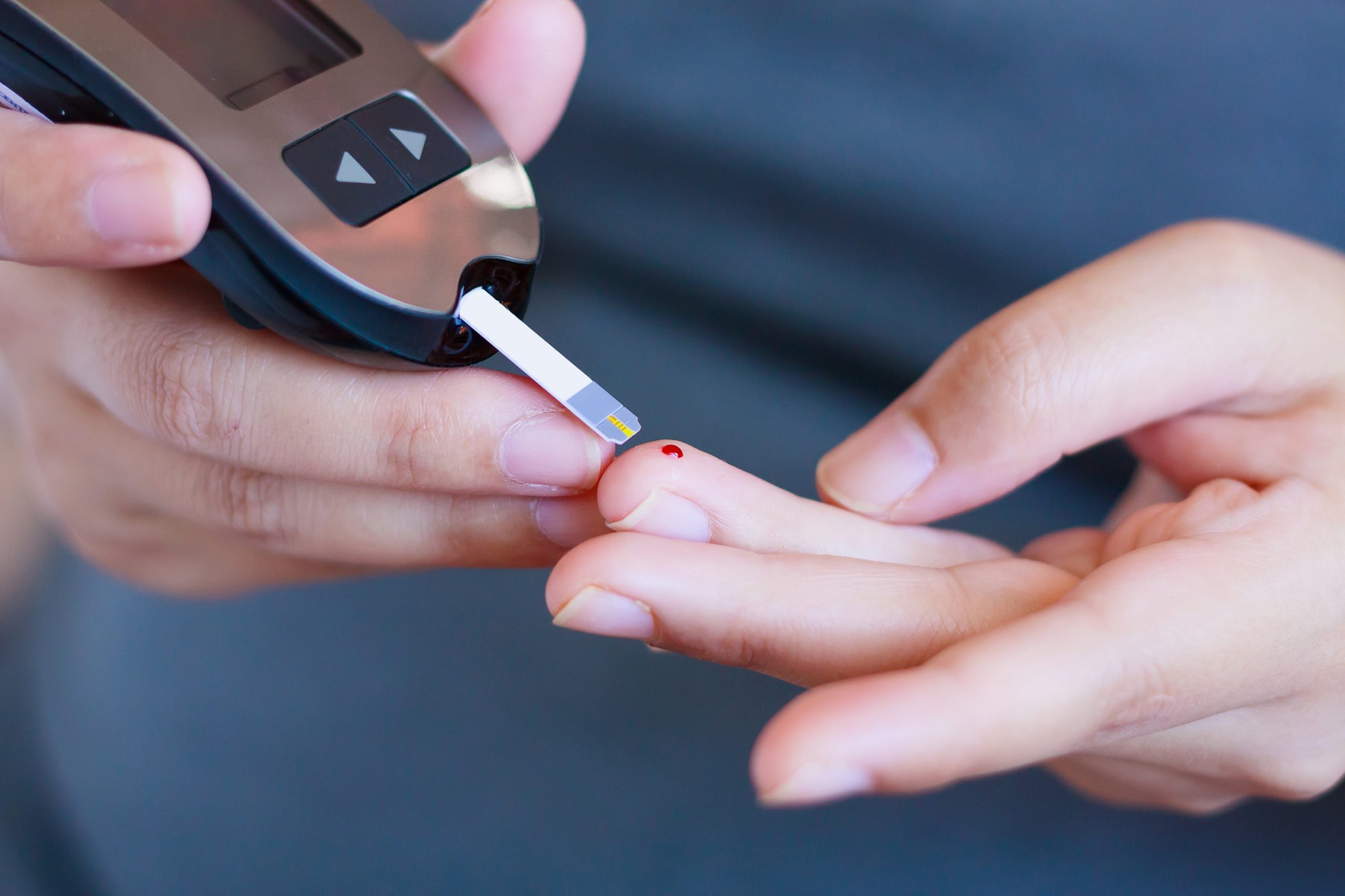
Self-care by patients with chronic diseases is essential to be able to lead a healthy life with the control of their condition. The study aimed to explore participants' diverse experiences while using technology-assisted self-control tools, as well as to understand the health indicators of overweight or obese adults diagnosed with type 2 diabetes.
The sample consisted of ten people, eight women and two men, with an average age of 59.4 years. Researchers analyzed qualitative data retrieved from an intervention group in a randomized clinical trial lasting 6 months.
All ten participants monitored their diet, exercise and weight through Lose It! a platform for recording daily eating and other healthy habits. On the other hand, they monitored and recorded their blood glucose levels through a glucometer and the Diabetes Connect app.After this, they held group discussions six weeks later to begin registrations and a second at 6 months.
During group discussions, the following topics emerged:
- Perceived benefits of technology-assisted self-monitoring.
- Perceived ease of use.
- Use of technology-assisted self-monitoring.
- Facilitators of engaging in healthy lifestyle behaviors.
- Positive lifestyle change.
- Barriers to engaging in healthy lifestyle behaviors
- Learning curve.
- Monitored data sharing.
Overall, the results of the study showed a positive response from participants to the use of technology to impact healthy lifestyles. In addition, they considered that the use of these tools is safe and as time went on it became more comfortable for them.
This study opens up to new studies with larger groups on technology-assisted self-monitoring and lifestyle behavior changes that can lead to, as well as other health indicators that measure positive advances in patient habits regarding the care and control of their disease.


